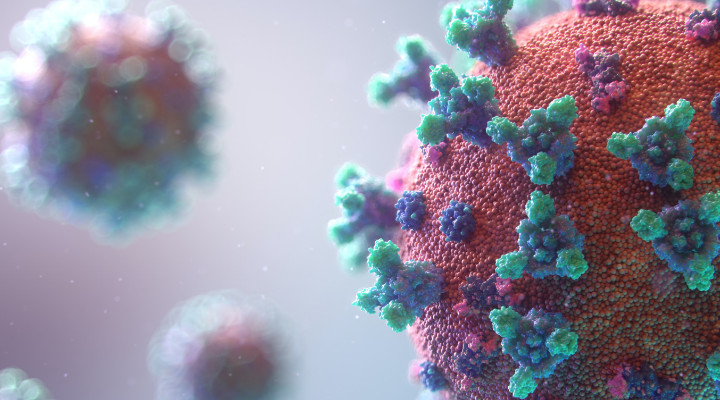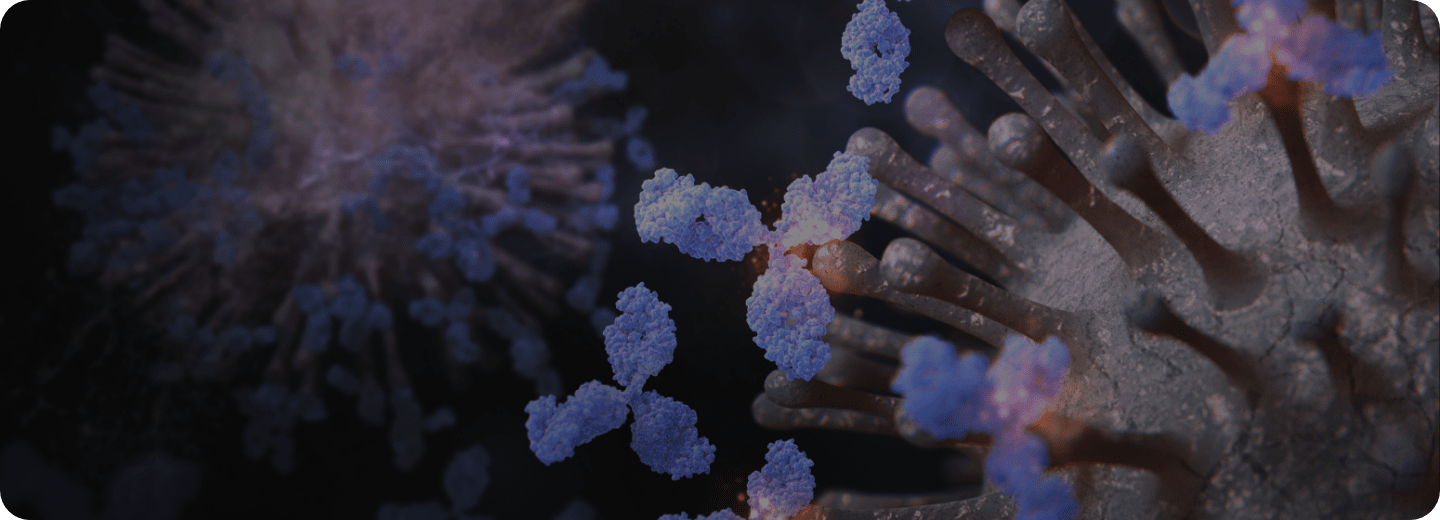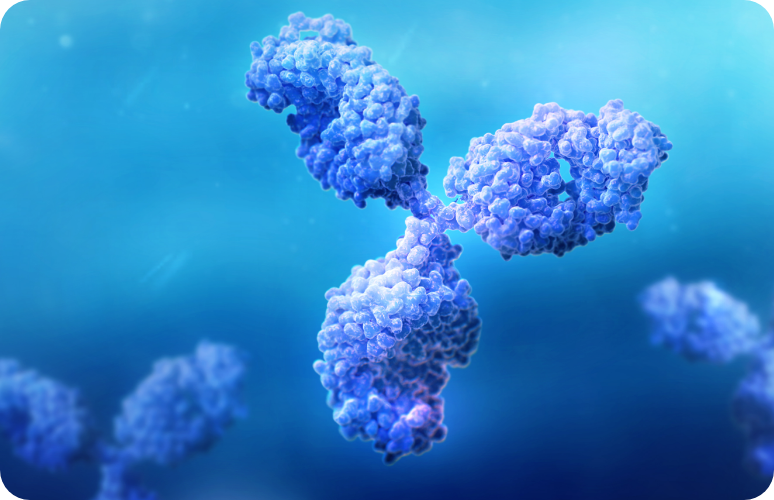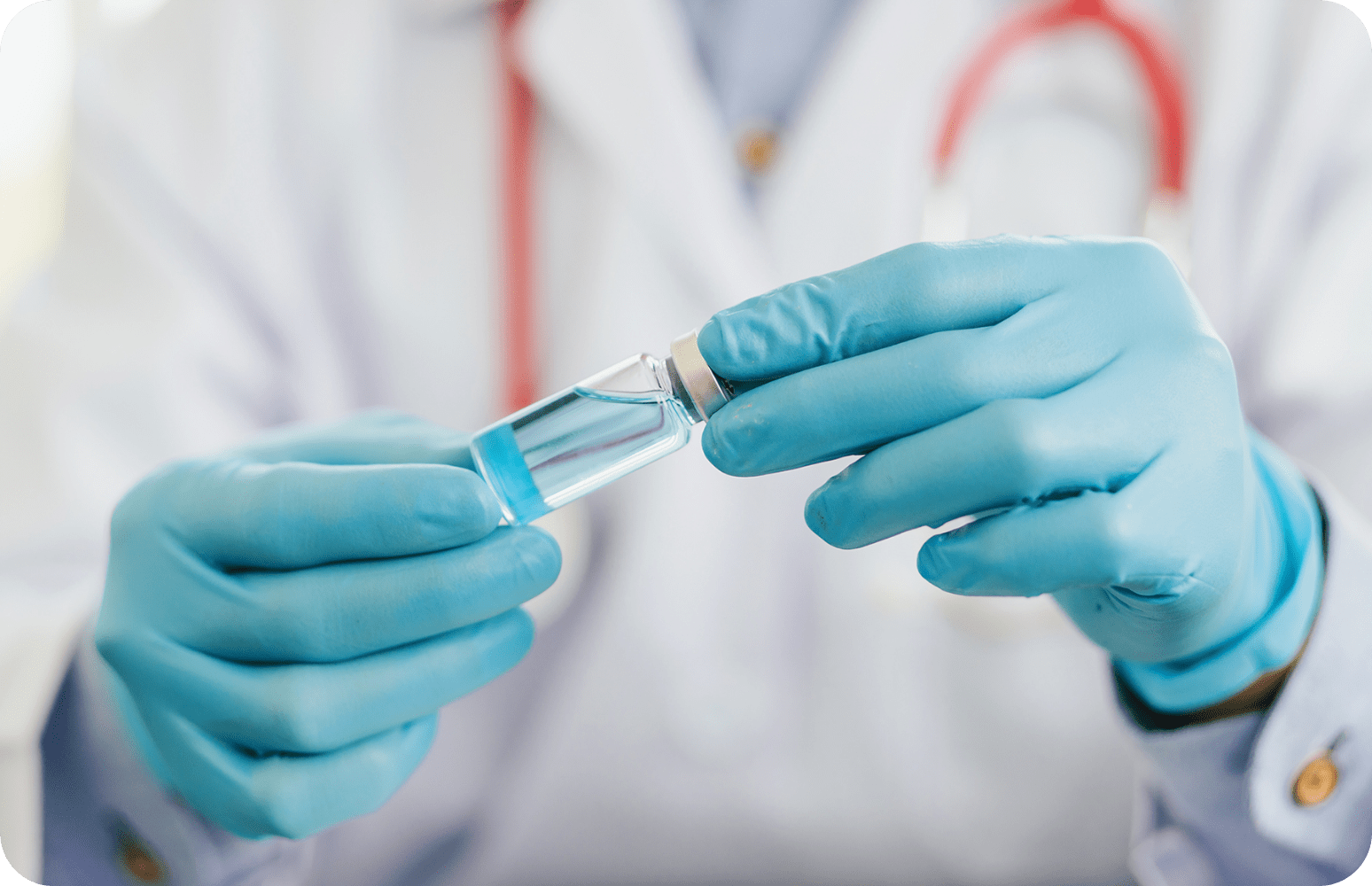

What are Antibody Biopharmaceuticals?
Antibody biopharmaceuticals are biologics made of antibodies which are proteins produced by our immune system when fighting off infections such as germs and viruses. The most distinctive characteristic of antibodies is their ability to bind specifically to their target antigens. This characteristic allows antibody biopharmaceuticals to act precisely on the lesion site, pathogens or cells that require treatment, resulting in superior treatment effectiveness and fewer side effects compared to existing chemical drugs.

What are Antibody Biosimilars?
Antibody biosimilars are biologics that have no clinical differences in terms of quality, efficacy and safety from original biologics. Celltrion successfully developed the world's 1st mAb biosimilar which is considered effective and affordable.

What are Antibody Novel Therapeutics?
With accumulated know-hows on antibody biosimilar development, we are developing new therapeutics by discovering new antibodies. In addition, as part of our continuous effort to expand treatment options, we are developing new biologics combined with Antibody-Drug Conjugates (ADCs) and multispecific antibody technology.
-

Novel Antibody Therapeutics
Novel antibody therapeutics focus on discovering new antibodies that can bind to biomarkers that are shown on certain diseases. Such novel therapeutics are highly effective and can maximize treatment efficacy when used with biosimilars to be developed.
-

ADC Therapeutics
Antibody-Drug Conjugates (ADCs) are highly targeted biopharmaceuticals built by combining a potent small molecule drug with an antibody that binds to specific types of antigens. Current treatments for curing cancers are highly effective, yet their toxicity may affect normal cells as well and cause side effects. ADCs, on the other hand, can deliver cytotoxic small molecules to target lesion without damaging normal tissues increasing treatment efficiency and safety.
-

Multispecific Antibody Therapeutics
Multispecific antibody therapeutics are modified so that antibodies can recognize two or more antigens allowing better detection of the lesion. Such therapeutics are expected to be more effective than the existing treatments because multiple antibodies bind to two or more epitopes, inhibiting the growth of cancer cells induced by the targets or stimulating cancer cell death by attaching immune cells such as T cells to cancer cells.





